|
William R. Huckle, Editor
|
September 9-12, 2020
Abstracts due Feb 29, 2020
|
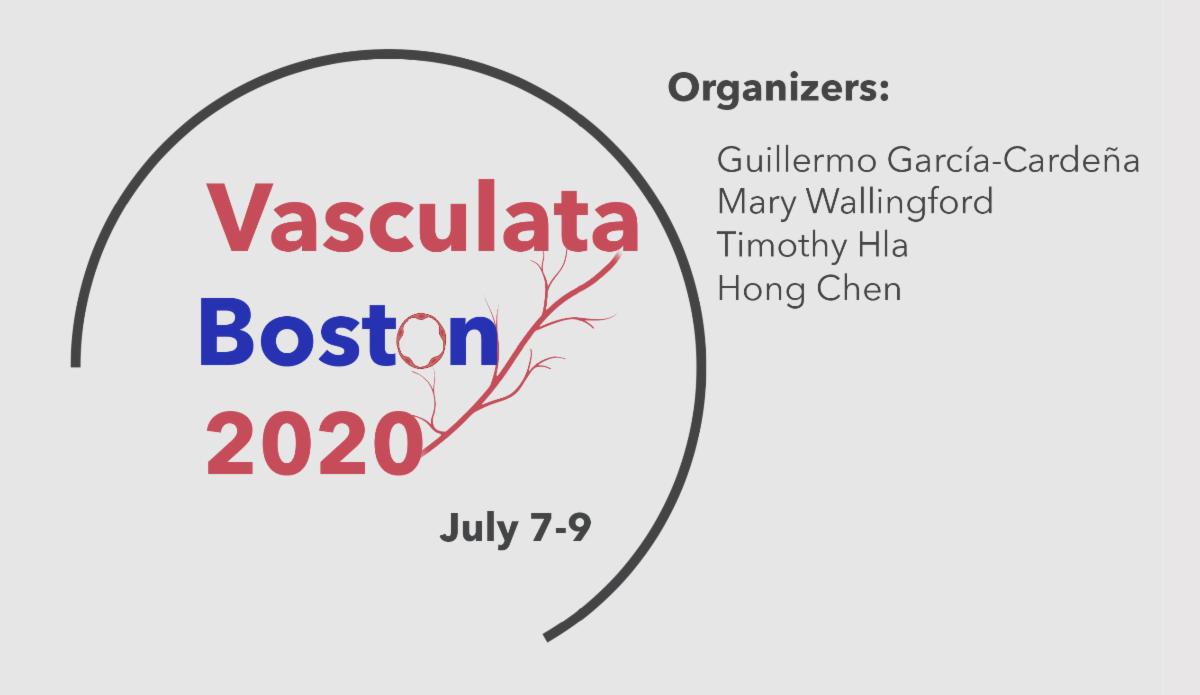
Boston, MA
July 7-9, 2020
|
Vascular Biology 2020
Newport, RI
October 25-29, 2020
|
Shop at Amazon?
Help Support NAVBO
|
|
|
|
As 2019 comes to a close, we offer a look back at our most-viewed items in this year's online NewsBEAT with links to the NAVBO website. We have had our share of satisfying moments - outstanding attendance at Vascular Biology 2019 in Asilomar, another successful summer offering of Vasculata in Wisconsin, growing popularity of our webinars and the introduction of a new online journal club
. Below you will find a sampling of items popular with our readers (based on the number of online "hits"), representing the features through which we endeavor to keep our members abreast of developments in the vascular biology community and beyond: Lab of the Month, Spotlight on Trainees, Member Publications, Industry News, NAVBO Awards, and trainee resources. (Time-sensitive items such as meetings and job postings are not included, however, webinars are because you can still access the recordings).
Enjoy, and see you in 2020 as we begin our 26th year as a vibrant community of 1,000 members!!
|
Congratulations to our Travel Award Recipients!
Thanks to support from the National Heart, Lung and Blood Institute, whose funding will support 16 of these awards, and the Society for Developmental Biology and The Company of Biologists (they are supporting two awards each). The list of awardees is on our web site at
http://www.navbo.org/events/vb2019/travawards19.
We will also be providing ten Outstanding Poster Awards, again most of the funds are from the NHLBI, but ACS Pharmacology and Translational Science is supporting two of these awards.
Of course, we'd like to remind you and once again extend our congratulations to the NAVBO Meritorious Award Recipients:
Anne Eichmann
of Yale for the Judah Folkman Award in Vascular Biology
See all meeting details, including the full schedule, the list of programmed abstracts and photos from the meeting at www.navbo.org/vb2019
|
|
The Lab of Delphine Gomez
This month we are highlighting the lab of Dr. Delphine Gomez, an Assistant Professor in the Department of Medicine at the University of Pittsburgh. Find out more about Dr. Gomez and her lab at
http://www.navbo.org/membership/members-labs/806-lab052019.
|
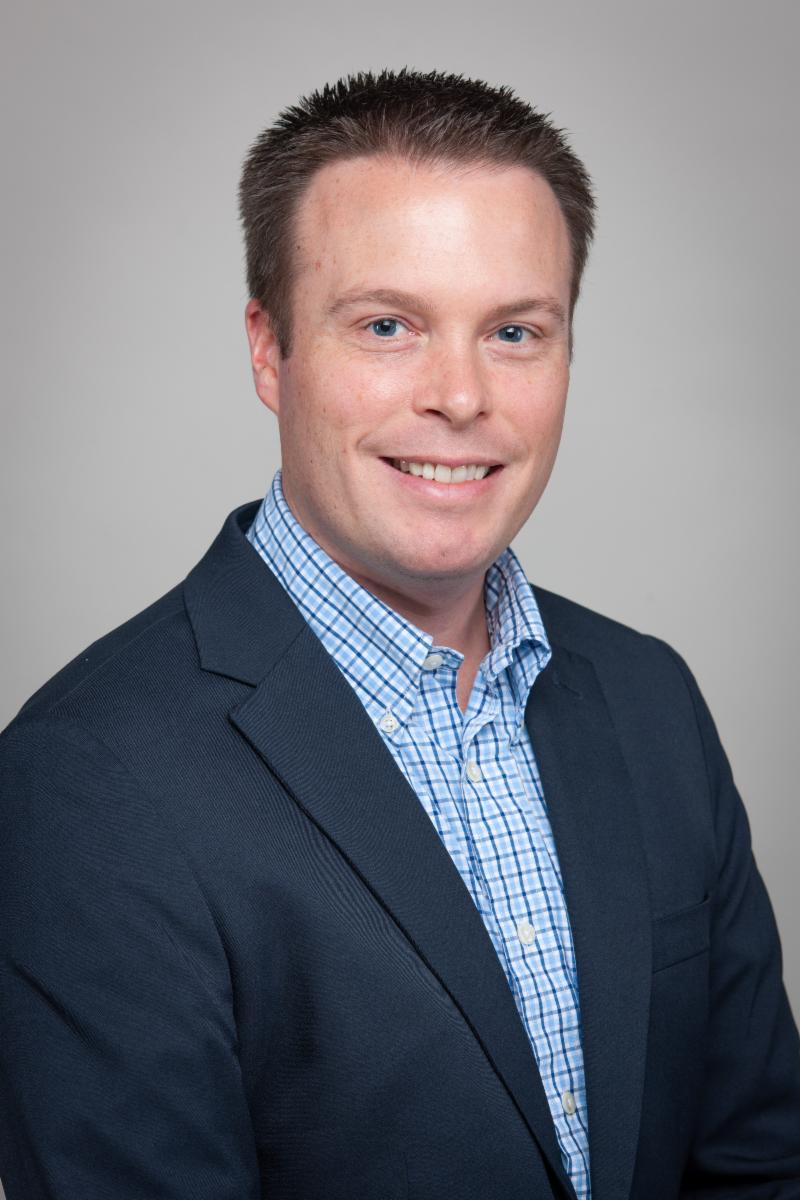 Webinar: Cardiovascular mechanics and extracellular vesicles Webinar: Cardiovascular mechanics and extracellular vesicles
Join us today - January 10 - at 1:00pm EST for a webinar with Josh Hutcheson of the Florida International University. Dr. Hutcheson's presentation will discuss the role of vascular smooth muscle cell (SMC) mechanics and mechanotransduction in the formation of calcifying extracellular vesicles (EVs), which nucleate mineral in the vascular wall.
For more details and to register go to: http://www.navbo.org/events/webinars/758-web012019
NAVBO Webinars are free for current NAVBO Members.
|
The NAVBO Education Committee is Providing an Online Journal Club for NAVBO Members
We are pleased to offer this new activity to our members! Trainees are especially encouraged to participate. Our first paper is:
Endothelial ERK1/2 signaling maintains integrity of the quiescent endothelium. Ricard N, Scott RP, Booth CJ, Velazquez H, Cilfone NA, Baylon JL, Gulcher JR, Quaggin SE, Chittenden TW, Simons M. J Exp Med. 2019 Aug 5;216 (8 ):1874-1890. doi: 10.1084/jem.20182151. Epub 2019 Jun 13. PMID: 31196980
Each Journal Club will feature a 30-minute presentation followed by a 30-minute Q&A period.
Dr. Kishore Wary, University of Illinois at Chicago, will present this first Journal Club on September 26 at 1:00pm Eastern Time. Information about the Journal Club and how to register is within the NAVBO Forum:
http://www.navbo.org/forum
Once logged in, open the topic called "Links to This Month's Paper and Presentation" and follow the link to register for the presentation. There is also a link to the paper itself. You should subscribe to this topic and
subscribe to the September 2019 Journal Club (click on the hyperlink and then choose the "subscribe" button) to receive updates.
Even after the presentation, additional comments can be posted on the forum. Simply start a new topic under the category, September 2019 Journal Club. Remember to check the box below to be notified of replies to your question or comments. Comments will be reviewed up to one month after the presentation (October 25). You can also post comments or questions prior to the presentation.
|
Consider being a Mentor for a Vasculata Attendee
This year's Vasculata will feature an exciting, new mentoring program. Attendees at Vasculata will receive the added benefit of connecting with a new mentor. This will be strictly online and mentors need not attend Vasculata. Once a trainee has registered for Vasculata, they will receive access to the mentor database. This will extend the educational benefits of Vasculata far beyond July 2019!
We are currently looking for volunteers.
So many NAVBO members reach out to our staff asking how they can get more involved with the society. This is a great first step! You can help train the next generation of vascular biologists. Regardless of the stage you have reached in your career, you can be a mentor. For example, postdocs can be great mentors to graduate and undergraduate students.
Please consider this request. We look forward to seeing your name in the Vasculata mentoring program site! Vasculata begins on July 15, 2019 and we hope to have a complete listing of mentors by July 1.
|
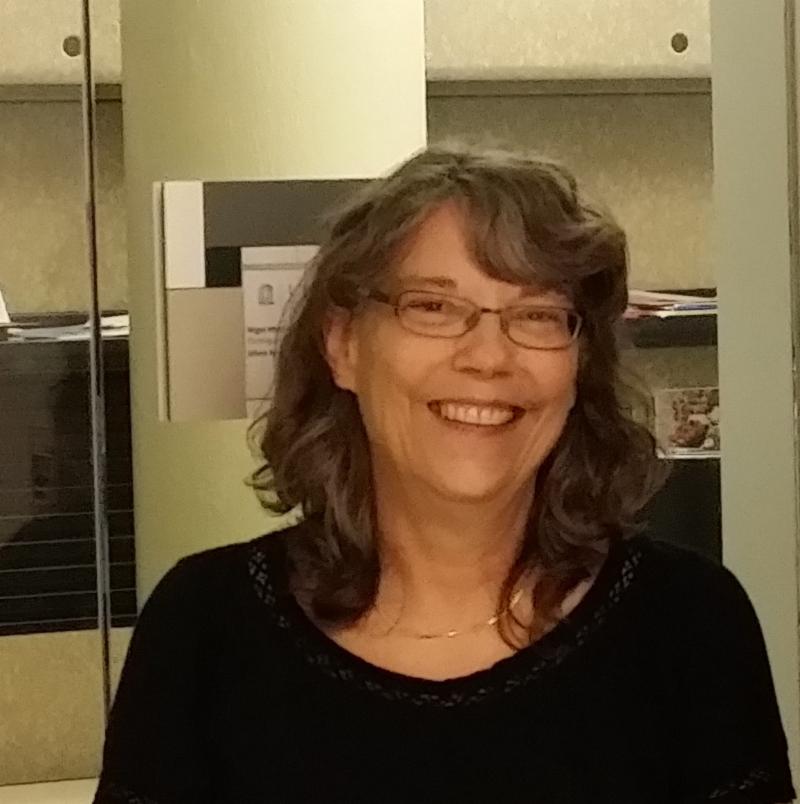 Webinar: How Blood Vessels Control Their Own Destiny Webinar: How Blood Vessels Control Their Own Destiny
Please join us on July 11 at 1:00pm EDT for a webinar featuring Dr. Vicki Bautch of North Carolina University at Chapel Hill.
Here is an overview of her presentation: Blood vessel formation requires the precise spatial and temporal regulation of interactions between gradient-forming, pro-angiogenic signals (e.g., VEGF-A and BMP) and endothelial cells in developing organs. These pro-angiogenic pathways may be modulated by negative regulators that originate in target endothelial cells, including the VEGF-A decoy soluble Flt1/VEGFR1 and SMAD6, which binds BMP receptors and blunts BMP signaling. Genetic deletion of either Flt1 or SMAD6 is associated with defective vessel architecture and integrity and is lethal during embryonic or early post-natal stages, highlighting the importance of negative regulators of VEGF-A and BMP signaling for normal vessel formation and stabilization.
The recording of this webinar is still available.
|
| Single-Cell Analysis of the Normal Mouse Aorta Reveals Functionally Distinct Endothelial Cell Populations Circulation
Background: The cells that form the arterial wall contribute to multiple vascular diseases. The extent of cellular heterogeneity within these populations has not been fully characterized. Read more |
Getting to Know More NAVBO Members:
Meet Thanh Theresa Dinh
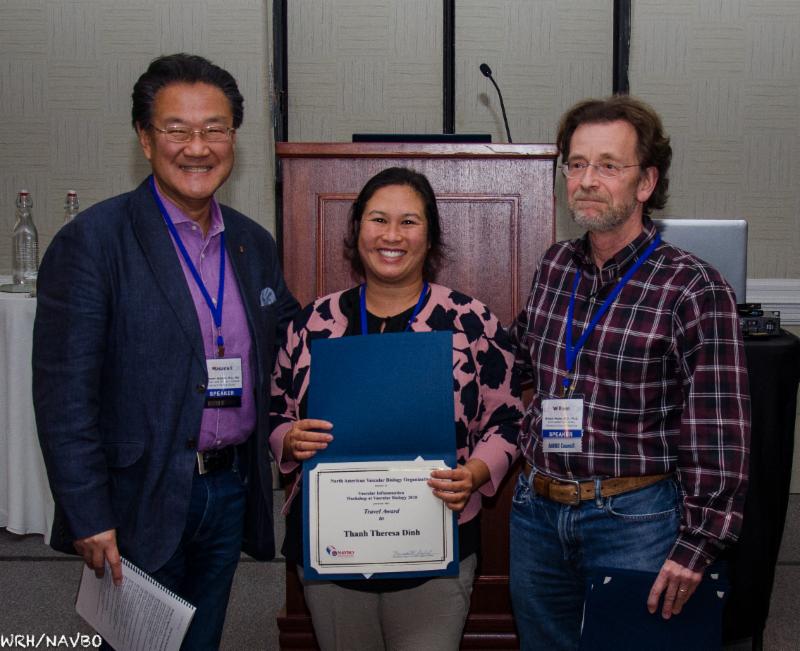
Theresa is a postdoctoral fellow in the Department of Pathology at Stanford University. She presented her work,
Transcriptional regulation of endothelial cell identify and mucosal vascular addressin expression by nuclear orphan receptor COUP-TFII heterodimerization with NKX2.3, in the
What Makes Postcapillary Venules Special? session at Vascular Biology 2018. She received a Travel Award in the Vascular Inflammation Workshop at Vascular Biology 2018 (pictured here with workshop co-organizers: Masanori Aikawa and Bill Muller).
Theresa recently spoke with Membership Committee Member, Mary Wallingford of Tufts Medical Center.
How did you first learn about NAVBO? I first learned about NAVBO while looking for pertinent conferences in my field.
Tell us about the research you presented? I am looking at the role of two transcription factors and how they act on the molecular level to modulate high endothelial cell identity, a specialized type of EC that is imperative for leukocyte trafficking.
How did your mentor facilitate this work?
My mentor supports me through guidance of my research, monetary assistance and is a sound board of my ideas and hypothesis.
What was your favorite event at the meeting?
The poster session.
Did you meet any people at the meeting who influence your research?
Yes, I was able to hear/meet Paul Kubes, Courtney Griffin, Karen Hirschi and William Muller. Courtney, especially, was able to give me insight on the academic process and being a mother while juggling her career.
What benefits did the travel award have for you?
It allowed me to attend the conference and listen to leaders of the field speak.In addition, I was able to to present my research and get direct feedback on my work. All things I would not have been able to do had I not gotten the travel award.
What benefits can a trainee expect from attending NAVBO?
The opportunity to network and develop collaborations with other members in the field.
What future goals do you have for your work?
To publish in a high impact journal and obtain a faculty position!
How can NAVBO help you achieve these goals?
To provide more networking opportunities.
|
Meet Tvisha Misra
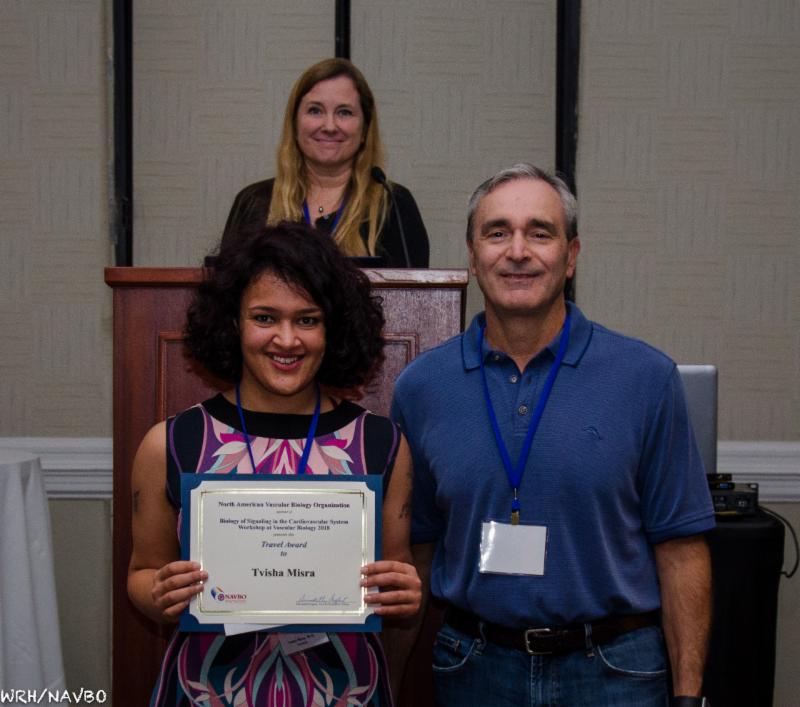
Tvisha is a postdoctoral fellow in the Department of Stem Cells and Developmental Biology at SickKids in Toronto. Tvisha presented her talk in the Signaling workshop (
pictured here with workshop co-organizers Ondine Cleaver and Bill Sessa). Her presentation,
Understanding the role of CCM3 in endothelial development and disease, was included in the
session on Blood Vessel Morphogenesis and Vascular Malformations.
Tvisha recently spoke with Mary Wallingford of the NAVBO Membership Committee.
How did you first learn about NAVBO?
I learned about NAVBO from word of mouth from colleagues and also from my mentor who encouraged me to attend and present my work and learn more about the field.
Tell us about the research you presented?
In the Scott lab I am looking at the role of ccm3in early development and disease. Cerebral cavernous malformations (CCM) are focal dilations in the cerebral vasculature leading to haemorrhaging, strokes and in extreme cases death. Of the three proteins associated with CCMs, CCM1/2/3, loss of CCM3, a highly conserved scaffold protein, leads to the most severe form of the disease. Though various models have been used to study endpoint vascular defects, not much is known about the earliest cellular events which eventually lead to CCMs. We use the zebrafish as a vertebrate model to understand the role of Ccm3 in early vascular development and disease progression. I used CRISPR/CAS9 to generate and characterise vascular defects in ccm3mutant models. A lot of my work focuses on time lapse imaging of developing blood vessels in early embryos to characterise when and how the vascular defects arise. Ccm3 has no known enzymatic activity and is proposed to function as a scaffold protein. Our collaborators in the Gingras lab (author list from the abstract), conducted BioID to find interaction partners (the 'interactome') of Ccm3. We selected the strongest candidates to probe their role in vascular development through generating CRISPR/CAS9 mutants. I am, thus, establishing a model to study Ccm3 function in vivo over time, and, probing Ccm3 function and mechanism of action through understanding the role of its interaction partners in vascular development.
How did your mentor facilitate this work?
Dr. Scott has always been very supportive of my choice of project and the methods I use to address my questions. He has always encouraged me to develop the projects in directions where my own interests lie and is always available for scientific input. He has also always encouraged me to attend various conferences and present my work to get as much exposure in the community as I want.
What was your favorite event at the meeting?
For me it was the lunch with PIs on day two. Many times we do not get to interact with people who are not directly related to our own fields especially if we are presenters (posters give a bit more one on one interaction time, I suppose), and most interactions are limited to the science we present. An event like this gave us the chance to talk not just about our research and results, but future prospects in academia and the individual PIs' philosophies as relates to various scientific careers and possibilities. As trainees looking to stay in an academic research environment, such input is very useful. All the trainees I talked to also really enjoyed the lunch and we were hoping that we could have more such events in the future.
Did you meet any people at the meeting who influence your research?
Absolutely. Interestingly, during my journey from the airport to the resort I was assigned to a car with a group leader whose recent work relates directly with my current project and part of what I presented at the conference and I had a wonderful time discussing my results with him. Just after my talk I was approached by another group leader who talked in length to me about my work and gave his input on various aspects of my project. It was great to have these one on one discussions with various experts in the field.
What benefits did the travel award have for you?
As a postdoctoral fellow in my third year, I look for every opportunity to present my work and learn as much about the field as possible. Travel awards like these allow me to attend more such meetings than the usual limited funding would allow. Of course, such awards also contribute towards building my scientific portfolio for my future.
What benefits can a trainee expect from attending NAVBO and how can NAVBO help you achieve these goals??
Smaller, more specialized conferences, such as NAVBO, give trainees like us the opportunity to communicate with the leaders of our fields in a closer setting than what one experiences at bigger meetings. I really enjoyed talking to some members who had been attending the conference for many years and seeing the sense of community that has built up in that time. Everyone I talked to was very positive about their experiences and since I am interested in pursuing a career in basic research in an academic environment I look forward to attending more NAVBO conferences in the coming years.
What future goals do you have for your work?
My interest in the vascular system started with my work with drosophila tracheal development during my doctoral work, which I translated to studying the vascular system in fish for my postdoctoral project. I am fascinated by the mechanisms that control vascular development and maintenance of proper cardio-vascular function, and the zebrafish, for me, provides a great model to study this using advanced genetic and microscopy techniques. I hope to continue to conduct such research in an academic environment in the future as well.
The interviews above as well as previous interviews are available on our web site at:
http://www.navbo.org/membership/spotlight-awardees. You can find Dr. Misra's VB2018 abstract there as well.
|
It's the End of the Year Already!?
|
|
Please make a year end tax deductible contribution to NAVBO.
NAVBO is a designated as a 501(c)3 charity by the IRS and therefore, your contribution to NAVBO is tax deductible. Please donate here:
Thank you!
|
January 14, 2020
|
NIH/NHLBI "Our Hearts" Webinar |
Feb. 7 - 8, 2020
|
11th Charleston Symposium on Vascular Anomalies |
Feb. 16 - 19, 2020
|
Cerebral Fluid Flow and Function: Lymphatics, Glymphatics and the Choroid Plexus |
March 4 - 5, 2020
|
International Conference on Neurology and Neuroscience |
April 4 - 7, 2020
|
Experimental Biology 2020 |
July 7 - 9, 2020
|
Vasculata 2020 |
July 11 - 15, 2020
|
ISTH 2020 Congress |
Sept. 9 - 12, 2020
|
21st International Vascular Biology Meeting (IVBM 2020) |
Oct. 25 - 29, 2020
|
Vascular Biology 2020 |
|
Your data privacy and security are important to NAVBO. To that end, we have updated our privacy policy to reflect recent privacy and security regulation implementations and changes.
Please review our policy as time permits so you have a complete understanding of the data we have, why we have it, and how we use it.
Part of the updates relate directly to the European Union's new General Data Protection Regulation (GDPR) that went into place May 25. The GDPR seeks to improve the transparency of data usage and give end users more control over their own data. We believe these changes are important and will be compliant with the GDPR regulations.
Contact NAVBO if you have any questions or to
change your communication preferences.
Please note, you can unsubscribe to this newsletter at anytime by clicking on the SafeUnsubscribe in the footer.
|
|
|